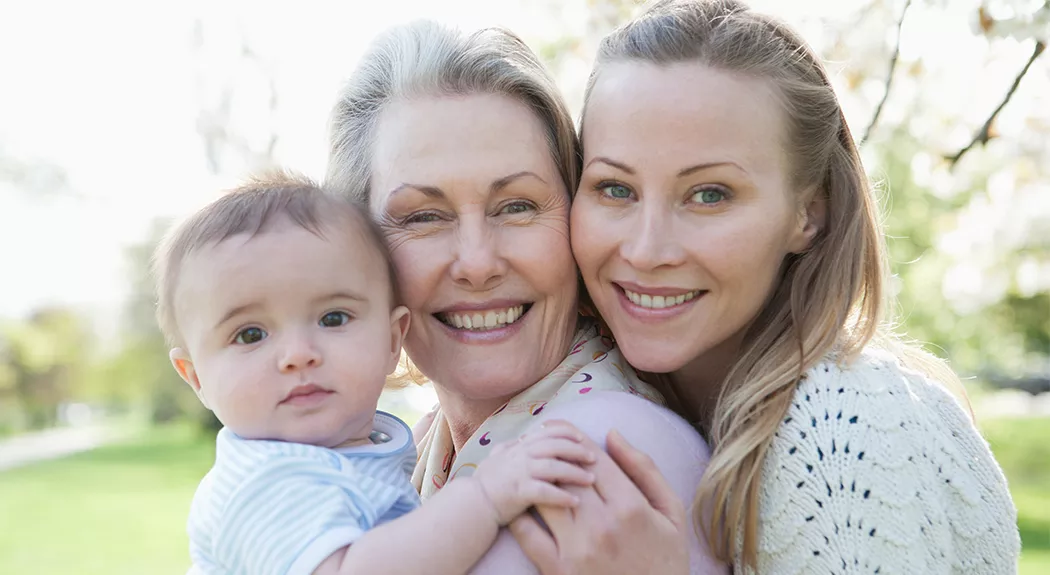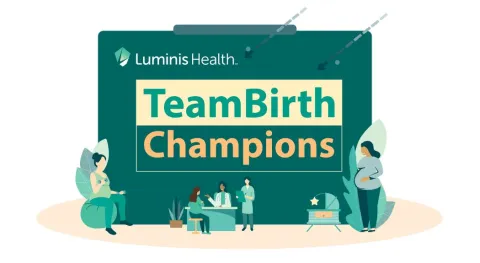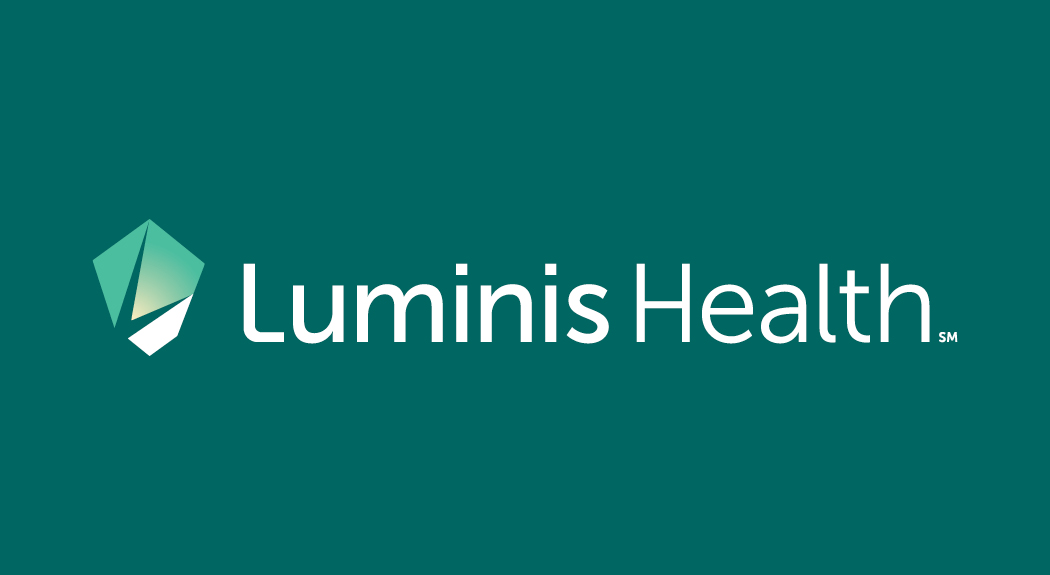As women we often juggle many roles throughout the course of our lives, putting our personal time, interests and health on the back burner. But we want to encourage and remind women to make their health a priority. Here are some tips to lead a healthier life at any age.
In your 20s
This is the decade for setting good habits for a lifetime. It’s a time when you should be thinking about proper exercise, nutrition, good sleep habits and proper skincare. While long-term health might be the last thing on your mind, a healthy lifestyle in your 20s can reduce risk for certain diseases and conditions later in life. This is also why starting a relationship with a primary care doctor is important. A primary care doctor is one of your best allies in preventive care and early detection.
In your 30s
As you climb the corporate ladder, children may also be entering the picture. This can be an exciting time. It can also be a busy time in your life as you juggle kids, work and social obligations. If you started good habits in your 20s, it may be easy to forget them as you focus more on others. It’s important to set aside time for you and to de-stress. Pay attention to your mental health. Talk to your doctor if you’re experiencing anxiety or depression.
In your 40s
Now is more important than ever to have regular medical checkups and basic screening tests, including a mammogram and cholesterol test. It’s also important to know your family history. Depending on your family health record, you may need to start some screenings in your 40s, like a colonoscopy. Your doctor will help you determine when and what screening is right for you.
In your 50s+
Enjoy the fruits of your labor! If you’ve worked hard to establish healthy habits in your 20s, 30s and 40s, this is when it will pay off. Still, preventive care is key. Talk to your doctor about certain vaccines or immunizations you may need in your 50s and beyond. Women at this stage should also be aware of osteoporosis as bones become less dense. Osteoporosis screening or a bone density test can help you detect your risk.
Women’s health is complex. You can find answers to questions you may have, and get the opportunity to connect with your peers through programs like Anne Arundel Medical Center’s Smart Woman Series. This informal health education program for women provides access to doctors and other health experts during monthly seminars in a fun networking environment. To get a complete schedule, visit www.askAAMC.org/events.
Author
Debbie Wasem is supervisor of Women’s Education at Anne Arundel Medical Center (AAMC).
Originally published May 14, 2017. Last updated May 15, 2019.




